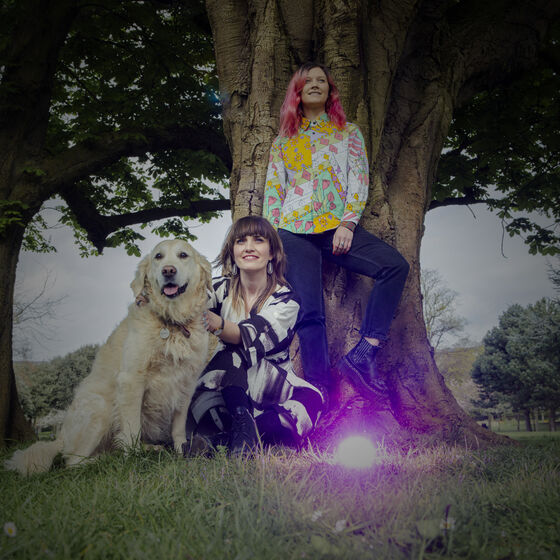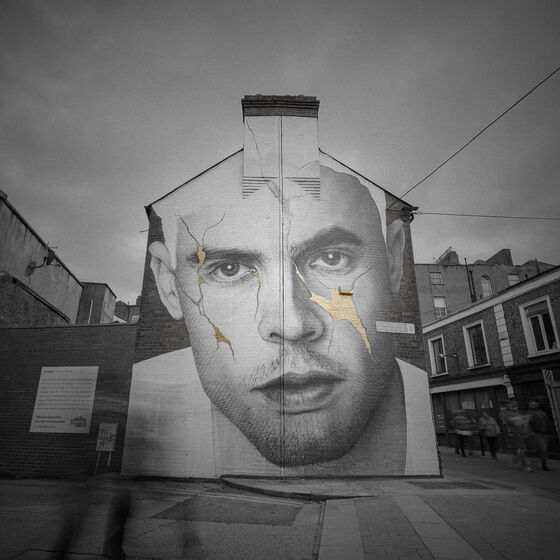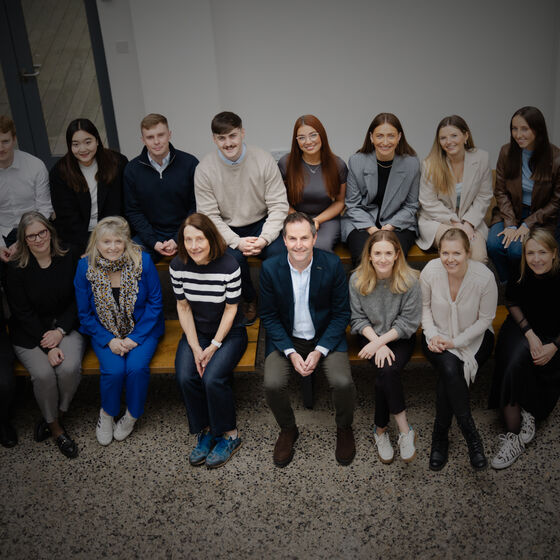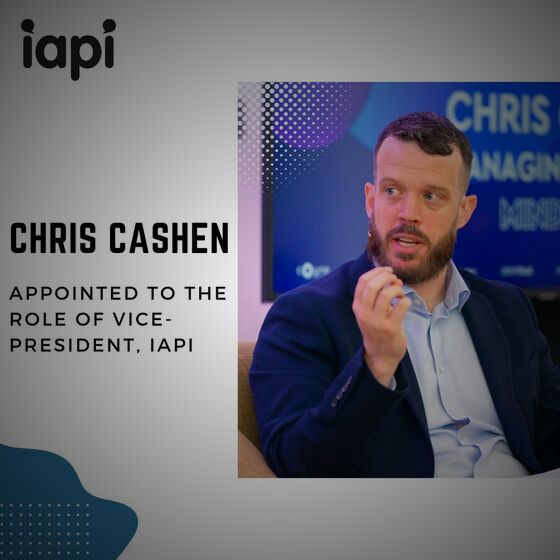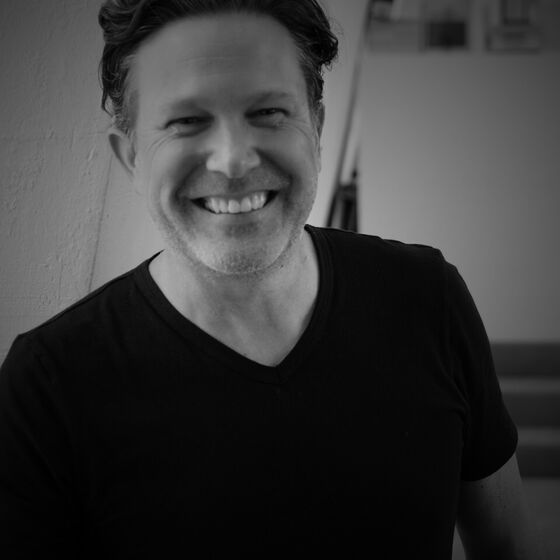I was delighted to attend the recent IPA ”Adaptathon” on Performance in London at Millbank, Altitude Tower in London.
The location for the meeting was aptly called Altitude Tower. We were on the 29th Floor. Not great for those with dizzy spells but for most of the room, full of the most high profile and talented brains of the UK advertising industry and some international guests and speakers, the height of the debate and presentations didn’t deter, even for a minute. The room was jam packed full of ‘C-Suite’ Executives and kicked off with Ian Priest on defining a ‘Principles based approach to Performance”
Ian Priest is President of the IPA in London (the UK equivalent of IAPI) and is leading the charge brilliantly in this series of ADAPTATHON forums for debate.
The IPA have joined forces with ISBA (Voice of British Advertisers) to ‘hack’ how clients and agencies can move from less time-based to more value-based remuneration and business models, to achieve a win-win in client and agency relationships. It was hosted by BBC TV & Radio presenter, Evan Davis, with Agency Heads, CMO’s, Intermediaries and Procurement Heads. David Wethey, from Agency Assessments, known to many Irish agencies and IAPI Members was in attendance. The intention was to debate remuneration based on performance and to see if new models are gaining traction to create a ‘win-win’ for clients and agencies.
Ian Priest has been interviewed recently in Marketing in the UK and recently stated : “Most remuneration models centre on time-based reward. But paying an agency just for its time or input doesn’t reflect the reality of the new era, new ways of working or the contribution that a motivated and committed agency can make to a client’s business”. The Client/Agency remuneration challenge is a well-trodden path in the Irish Advertising industry and a little like pitching, it comes up very often on the Irish agency agenda and is a cause for debate. With an oversupply of agencies in this marketplace, it is a buyer’s market and clients have choice and negotiating power, but I ultimately believe that clients want to work with the right agency and within reason, they are prepared to pay for talent.
There are many fantastic senior clients in the Irish market, who are experienced in effectiveness and in getting the best in an overall remuneration plan that doesn’t drive a race to the bottom. Everyone wants value for money but this IPA Adaptathon reinforced the key principles.
1. TRUST IS A KEY DRIVER
We all know that ‘trust’ is a key driver and we also know that gaining trust isn’t easy to do, when you are in a new relationship, for example, when pitching or contract fee re-negotiation environment with procurement. If you have an account already, it’s easier. You know the people involved and the parameters. We also know that in many cases (outside of some government contracts), most pitch consultants will tell you that price is never the sole determining factor in appointing an agency that is pitching whilst it can be used to negotiate the best value.
2. AGENCIES MUST KNOW THE PROBLEM THEY ARE TRYING TO SOLVE FOR CLIENTS AND WHAT SUCCESS REALLY LOOKS LIKE?
In too many client/agency scenarios, there often isn’t complete clarity on the problem that needs to be solved. As agencies, we must collaborate and challenge more. Martin Riley, CMO at Pernod Ricard is also President of the World Federation of Advertisers was adamant that clients want to be challenged. Only if we know the problem we are trying to solve can we create better risk/reward models of remuneration. How many agencies get stuck in to find a creative solution without actual knowing the real issues to be resolved and how success will actually be measured? We all know in this business that if we know the problem, we can create a solution and this is the real cornerstone and foundation of powerful risk/reward solutions. Honesty and Transparency in the sharing of data is also key and some agencies had examples of where they spectacularly solved a challenge for a client only to get the time based fee as brand X’s performance went through the roof.
3. THERE ARE 4, MAYBE 5 C’s CLIENTS WANT FROM THEIR AGENCIES.
He said the future of brilliant client/agency partnerships is based on the 4 C’s – 1. Creativity, 2. Connectedness (to the actual business problem), Challenge and Continuity. A 5th C, Cultural Fit was also a key discriminator in choosing an agency. He reinforced the importance of understanding what business problem are we trying to solve, being flexible and entrepreneurial needed to be recaptured by agencies in this new economy.
He said there was a reason in the past for the name above the door in adland as you put your trust in those names above the door. Names like Saatchi & Saatchi, Bartle Bogle, Hegarty (BBH), Foote Cone Belding and JWT and Wieden+Kennedy spring to mind. This business still is all about people and talent and clients want to work with key talent and that hasn’t changed. Agencies to be successful, must have outstanding committed individuals. David Haigh, Founder and CEO of Brand Finance said top people in legal firms can command €10k a day and if agencies focused on building brilliant talent, clients would pay. He rallied to the agencies in the room ‘’make the services you provide better and clients will pay’’.
4. CREATIVITY WORKS TO MULTIPLY FAME
Peter Field shared key learnings from the IPA Databank and reinforced some of the results already shared with us by Les Binet, Marketing in the Era of Accountability; The Long and the Short of it, at a recent IAPI talk in Dublin. Peter is a Strategic Marketer and Consultant and effectiveness case study analysis underpins most of his work. The good news is everywhere you look for data, the more famous and cut-through the work, the more effective it is. I believe if agencies accept ‘’the same as everyone else is doing’’ from clients instead of challenging constructively and sharing more powerful solutions, we won’t get the results we know can be achieved and we won’t drive more creativity in our market. Great and ambitious clients know the importance of cut-through and creative thinking but agencies need to partner clients to demonstrate and believe that the solutions we provide will solve the problem.
ADAPTLAB 3 – RISK BASED REMUNERATION
The morning sessions were followed up in the afternoon with a series of Labs – I attended AdaptLab 3 which was chaired by Ian Priest and was based on Risk-Based Remuneration. Nigel Vaz, Managing Director of SapientNitro, Adam Arnold, Managing Partner of Zag, Simon Devonshire, Director, WAYRA, Duff Borer, Business Director, Starcom MediaVest Group all shared ideas from their worlds on truly investing in new models.
The examples included Nigel’s story of creating an innovation in vending, which was Sapient’s financial investment in a project they fully believed in, only to be later ‘sold’ back to Coca-Cola for a really good fee. Check out http://www.sapient.com, a new breed of agency model, for the ‘always-on’ world. There is no doubt that the converged world offers agencies real opportunities to converge their thinking across e-commerce, digital and brand and it must be done, at the speed at which the consumer lives their lives.
SOME FINAL THOUGHTS
These speakers stood out for me. For inspiration and overall smarts.
Amanda Morrissey of AKQA. Brilliantly ambitious for her agency and for her clients. She shared her vision for AKQA and was honest about the agencies journey and the importance of client/agency cultural fit. AKQA want to work with seriously ambitious brands and businesses and they aren’t afraid to cut the ties if it isn’t working out. They are an ideas and innovation company that exists to create the future for their clients. Check them out at www.AKQA.com
Debbie Klein, CEO at Engine Group and previously CEO WCRS. Check her article out on client/agency remuneration; http://www.theenginegroup.com/...
Simon Devonshire. Director at WAYRA. He is just a really smart guy. And just in case you didn’t know, Wayra is a start-up accelerator which was started in Latin America and Spain in 2011 as an initiative of Telefónica’s chief executive in Europe, José María Álvarez-Pallete. The start-up companies receive funding, office space and mentoring. He spoke of investing in start-ups to actually make money. Telefonica have Wayra in operation in Dublin too. http://ie.wayra.org/en/academi...
And of course, Ian Priest, the brilliant President of IPA brought together a fast and intensely paced day. This is a long article and I could have written more. I left even more convinced about the powerful role agencies can play and reminded me how much, despite austerity and recession, I love this business.
We need to get further up the food chain. Be better at influencing and provide real data to prove the solutions we have can get real results. If you can’t convince them, put your own resources on the line and put some ‘’skin in the game’’ if you believe in your idea will work and then figure out a ‘risk-reward’ plan that fully rewards you for the bravery and risk you have taken. Thank you for the inspiration. The 5am alarm clock call was worth it.
For more, check out these links and watch the highlights video. Follow the IPA on @IPA_Updates
